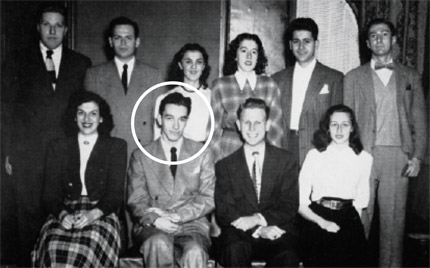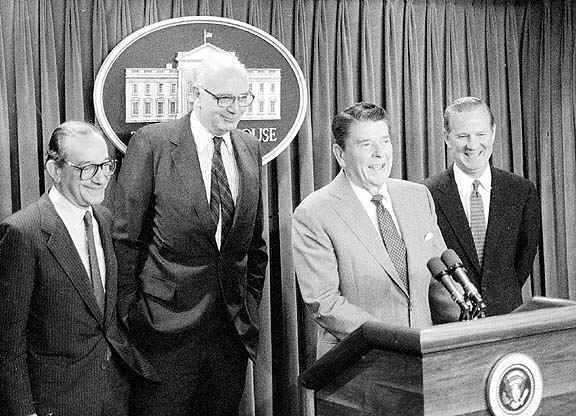
Scroll down for very special Greenspan video...
---
Federal Reserve staff and policy makers identified a housing bubble in 2005, and failed to alter a predictable path of interest-rate increases to slow down the expansion of mortgage credit, transcripts from Open Market Committee meetings that year show.
- The “measured” pace language helped fuel the housing boom by keeping longer-term interest rates low and was inappropriate at the time given the uncertainties about both inflation and asset prices, said Marvin Goodfriend, a professor at Carnegie Mellon University in Pittsburgh.
- “It was a major mistake by Greenspan,” said Goodfriend, who attended some of the 2005 meetings as a policy adviser to the Richmond Fed. “It gave markets a sense that the Fed was on top of everything to a degree that wasn’t the case. It gave the impression that this was a mechanical adjustment to normality. The market was overconfident.”
New York Fed researcher Richard Peach dismissed press reports describing a bubble in housing markets.
- “Hardly a day goes by without another anecdote-laden article in the press claiming that the U.S. is experiencing a housing bubble that will soon burst, with disastrous consequences for the economy,” Peach told the committee.
Greenspan followed the presentation with questions about the effect of underlying land prices in housing indexes, and the quality of data on whether home purchases were for investment or residences.
- “There was a fundamental failure of economic analysis to understand what was going on in the potential for house prices to stop rising,” said William Poole, the former St. Louis Fed president who attended the meetings in 2005. “The high degree of assurance that we all felt that house prices could not decline on a national average basis in a fundamental way -- that was a significant mistake.”
Continue reading at Bloomberg...
---
Greenspan admits the Fed is above the law...
Greenspan spells it out...
---
Video - PBS Frontline The Warning
---
Of course Bernanke never saw a housing bubble...
Video - Bernanke's failed CNBC predictions - classic...
He was too busy chasing Keynes ghost all over Princeton...
---
---
